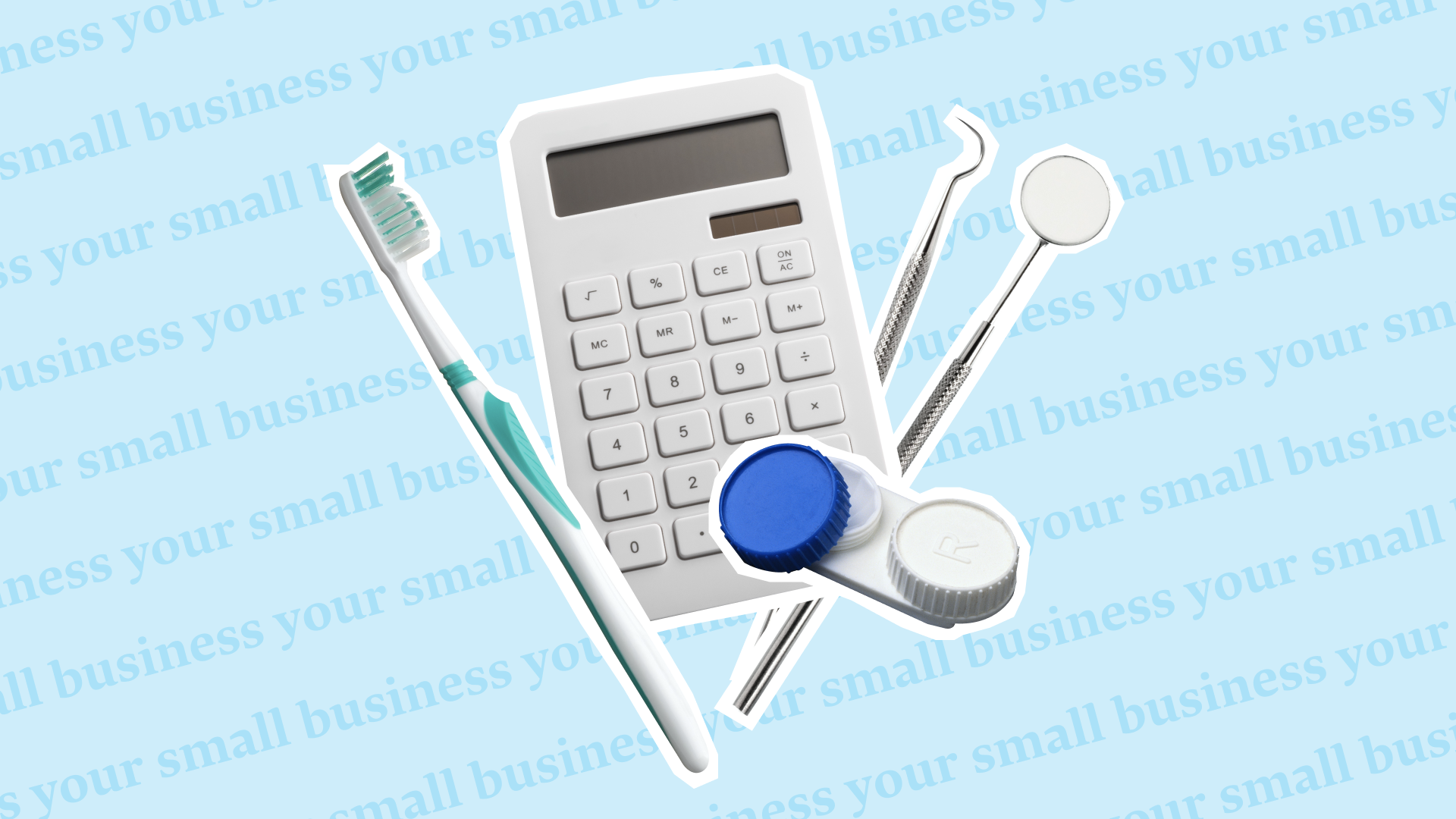Your employees are at risk if they aren’t planning for their future. Saving money is not easy, but it’s essential to achieving financial well being.
The sooner employees start saving, the stronger their retirement will be down the line. And a 401(k) is an important savings opportunity for employees that only an employer can give them.
Many smaller companies believe that offering a 401(k) is too expensive, risky or confusing to be worth the perceived bother. It’s easy for small employers to worry they do not have the stability or resources to set up and maintain a retirement plan.
Selecting investment options for employees or assessing the liabilities of operating a plan can be challenging. As a result, owners often decide it’s not worth the hassle, risk or cost to start a plan.
But offering a 401(k) is definitely worthwhile.
A 2015 survey >of employee benefits for the Society of Human Resource Management (SHRM) found that 90% of the employers offered a traditional 401(k) or similar defined contribution savings plan, and 73% offered an employer match.
Your employees are your most valuable resource. Anything you can do to keep them is something you should want to do.
Learn more about what offering a 401(k) means for your business. Download our free guide here.
1. It's convenient to save
Having money automatically deducted from a paycheck each month is more conducive to saving than having to put money aside after it’s already in your account.
2. You pay less to Uncle Sam
Your contribution comes out of your paycheck before income taxes are deducted, which means your taxable income is less, which in turn lowers your tax bill.
3. Employees are vested
Employees are immediately 100% vested with their own tax-deferred contributions.
4. Tax-deferred
Employee contributions to a 401(k) and any investment gains and earnings are tax-deferred until they are distributed. For many people, income tax rates are lower at retirement because of lower income or residence in a state with no or lower income tax.
5. Primed for growth
Because employee withdrawals before age 59 1/2 may be subject to 10% penalty, employees tend to leave them alone and let them grow.
6. No penalties for 55+
Employees that retire any time during the calendar year in which they turn 55 or older are not subject to the 10% penalty.
7. Loan options
Many 401(k)s permit loans with special conditions for specific reasons such as the purchase of a primary residence, education or medical expenses, or hardship withdrawals.
Learn more with Justworks’ Resources
Scale your business and build your team — no matter which way it grows. Access the tools, perks, and resources to help you stay compliant and grow in all 50 states.








